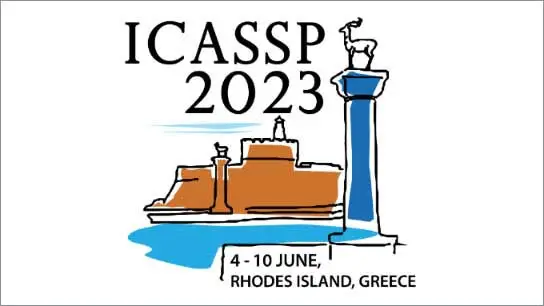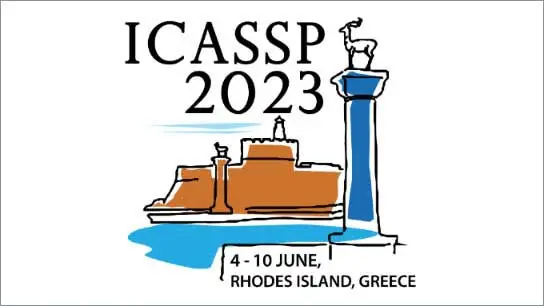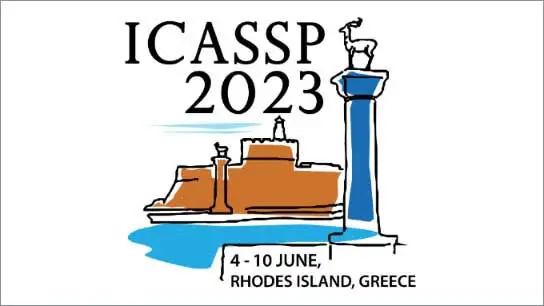Improving Knowledge Distillation for Non-Intrusive Load Monitoring through Explainability Guided Learning
Djordje Batic (Univesity of Strathclyde); Giulia Tanoni (Università Politecnica delle Marche); Lina Stankovic (University of Strathclyde); Vladimir Stankovic (University of Strathclyde); Emanuele Principi (Università Politecnica delle Marche)
-
Members: FreeSPS
IEEE Members: $11.00
Non-members: $15.00
08 Jun 2023
Knowledge distillation (KD) is a machine learning technique widely used in recent years for the task of domain adaptation and complexity reduction. It relies on a Student-Teacher mechanism to transfer the knowledge of a large and complex Teacher network into a smaller Student model. Given the inherent complexity of large Deep Neural Network (DNN) models, and the need for deployment on edge devices with limited resources, complexity reduction techniques have become a hot topic in the Non-intrusive Load Monitoring (NILM) community. Recent literature in NILM has devoted increased effort to domain adaptation and architecture reduction via KD. However, the mechanism behind the transfer of knowledge from the Teacher to the Student is not clearly understood. In this work, we aim to address the aforementioned issue by placing the KD NILM approach in a framework of explainable AI (XAI). We identify the main inconsistency in the transfer of explainable knowledge, and exploit this information to propose a method for improvement of KD through explainability guided learning. We evaluate our approach on a variety of appliances and domain adaptation scenarios and demonstrate that solving inconsistencies in the transfer of explainable knowledge can lead to improvement in predictive performance.



